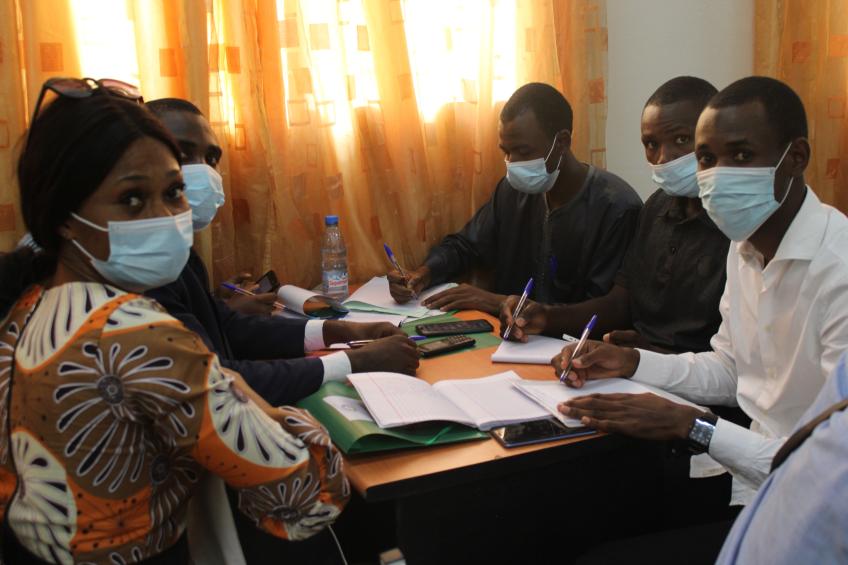CAMEROON – The economic value of biodiversity might seem like a complicated concept, but its core theory is rather simple: diverse organisms are crucial to the short and long-term economic health of humankind. Think of the Amazon rainforest. Millions of people rely on the expansive biome’s unique biodiversity to sustainably produce valuable species like rubber trees and edible nuts. We all rely on the plants and animals of the Amazon to store biomass and carbon, which greatly reduces greenhouse gas emissions contributing to climate change. These benefits, among countless others, have underlying economic value to people.
Much like the Amazon, the Congo Basin is a resource-rich region in Central Africa that suffers from many of the same deleterious threats. Illegal logging, agricultural encroachment, poaching and wildlife trafficking fundamentally alter the biodiversity in ways that increase the likelihood of dire economic outcomes. If there are less flora and fauna for native species to sustain themselves, there will be less opportunity to utilize those resources down the line.

In conjunction with its master’s program in Economics and Business Development, the University of Douala in Cameroon recently launched a five-day course on calculating the economic value of biodiversity. The USDA Forest Service’s Office of International Programs provided technical support to design and the implement the curriculum. More than 50 second-year masters students attended the course, which was taught by two experts in agricultural economics.
“We hope through this new module that young students and practitioners will be able to estimate the importance of biodiversity and understand why keeping it is crucial for present and future generations,” said Olivier Sene, Forest Service International Programs’ country coordinator for Cameroon. “We are helping equip future forest management practitioners with the knowledge needed to conserve biodiversity.”
The course is part of a broader initiative by USAID’s Central Africa Regional Program for the Environment, in partnership with Forest Service International Programs, to strengthen the teaching of sustainable forest management and biodiversity conservation in universities and forestry schools throughout the Congo Basin.
Efforts to expand this course to other countries in the Congo Basin are already underway. A pilot program has been integrated into the curricula at the University of Kisangani in the Democratic Republic of Congo, with a formal implementation of the course anticipated in February 2022.
